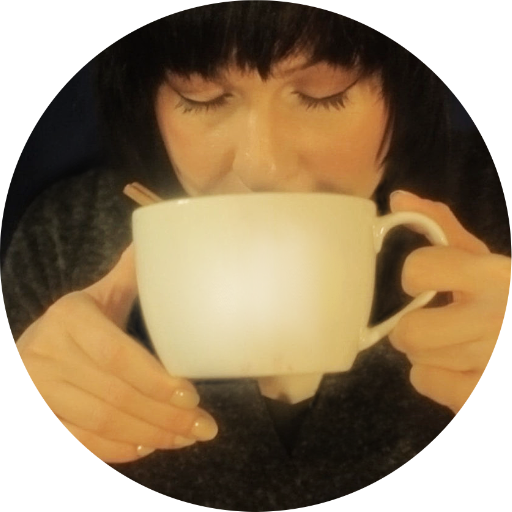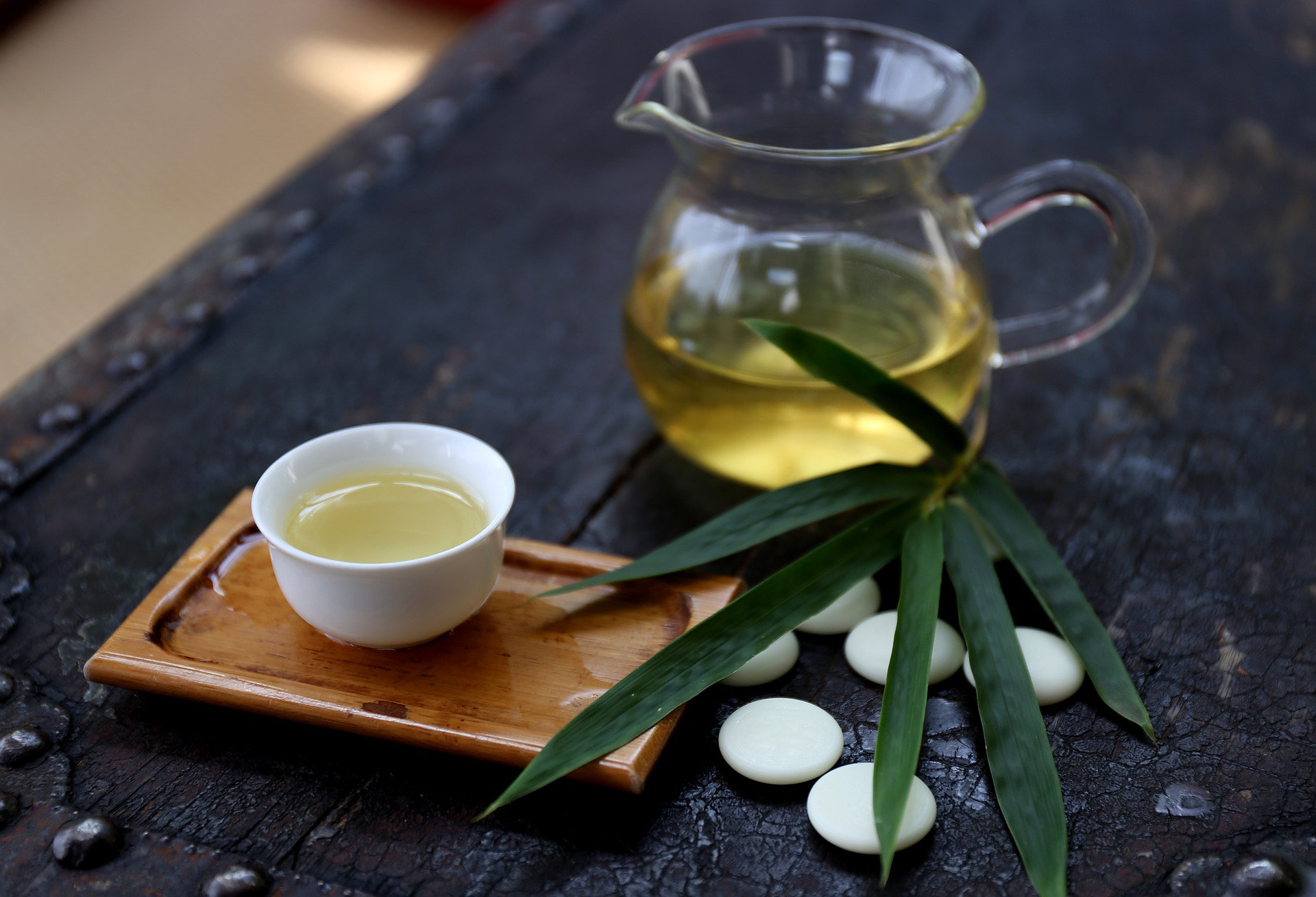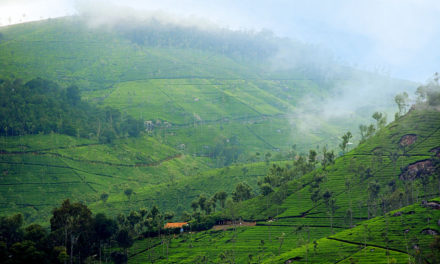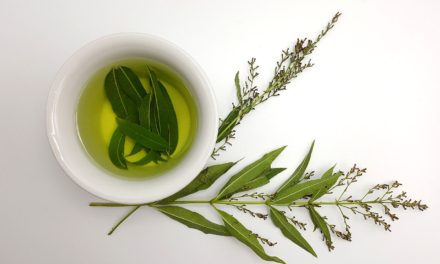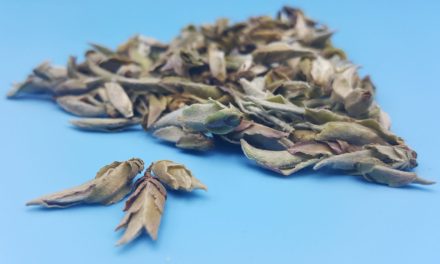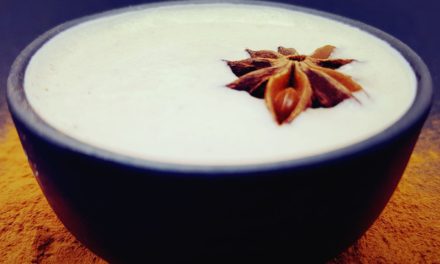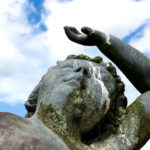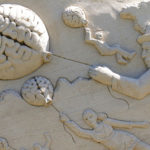Why Tea?
Claiming the title of most popular beverage in the world after water, more copiously drunk than coffee or even alcohol, no other beverage has touched as many cultures quite so profoundly throughout recorded history as the humble cup of tea.
Its leaves are ripe with amino acids which simultaneously stimulate and calm the brain, something coffee can’t do, its impact unparalleled as a tonic for both body and mind while serving as spiritual refreshment to ancient cultures still standing today.


If the most affordable beverage after water –a universal libation that crosses cultural, socioeconomic, and religious divides– can have such a remarkable effect on mental health and wellness, then is it not worth deeper consideration?

Employed as a medicine and everyday pick-me-up for at the very least the last 3,000 years, the consumption of water infused with tea leaves has been used to:
- promote both alertness and relaxation,
- enhance cognitive function,
- improve digestion,
- lose weight,
- strengthen bones,
- improve circulation,
- protect teeth from decay,
- purify the blood,
- improve skin tone, elasticity, and health,
- enhance mood, and
- extend life.
Where It All Began
Though it’s not entirely clear where tea was first discovered –was it China? North India? Tibet?– legends point to predynastic China, some time in the third millenium BCE, a land long believed to be the original source of indigenous tea bushes. So in the vicinity of 2,700 BCE, a man by the name of Shen Nung –aka Shen Nong or Shennong– allegedly insisted water be boiled before consumption, convinced it was cleaner and safer to drink it that way. One fateful day, an uncovered pot was boiling and leaves from a nearby tree or bush were blown off by the wind –some sources claim that leaves on twigs burning in the fire underneath flew up instead– landing in the water. Intrigued by the resulting brown liquid, Shen Nung tasted it. And he loved it. And so tea was born. Today’s historians aren’t particularly convinced Shen Nung, who was believed to be a prehistoric Chinese emperor and the father of herbal medicine, even existed. But what is clear is tea leaves have a long history, albeit speculative.
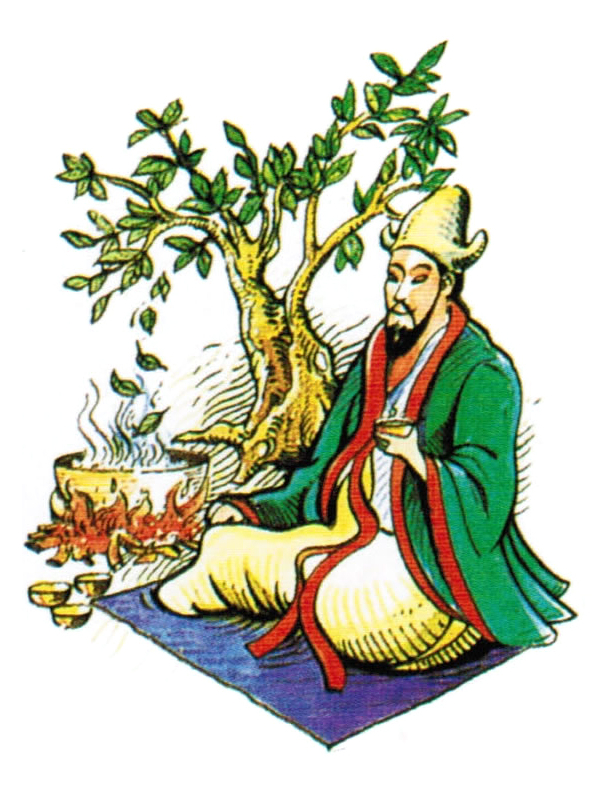
And with the advent of modern medicine and peer-reviewed research came the realization that much of what traditional Chinese medicine alleges tea can do appears to be true…
Centuries of anecdotes and claims. Confirmed.
According to The Story of Tea: A Cultural History and Drinking Guide, some researchers think tea consumption might go back to the time of Homo erectus, an ancestor of modern humans. Fossils dating back 1.7 million years place them in Yunnan Province which, incidentally, is the chief location of China’s infamous wild tea trees, ancient forests lined with specimens as old as a millennium.
Anthropologists point to the idea that Homo erectus chewed on the leaves for energy as they foraged for food. That those leaves would end up in eventual pots of boiling water along with tree bark, flowers, and perhaps berries is not outside the realm of the probable. That there’s no written record as to when that day came is what lies between fact and conjecture.
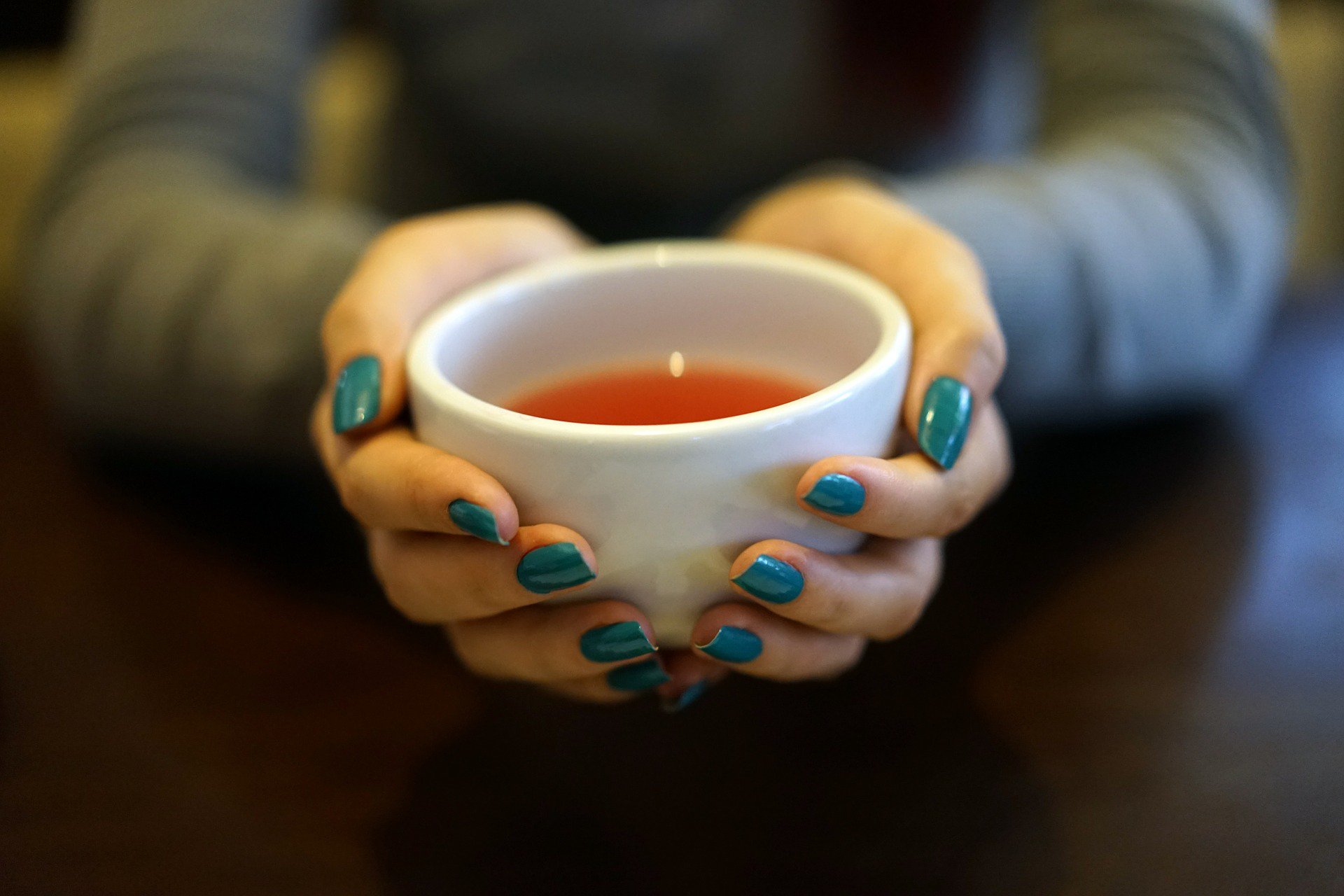
And with the advent of modern medicine and peer-reviewed research came the realization that much of what traditional Chinese medicine alleges tea can do appears to be true, backed by evidence extracted via the scientific method.
Centuries of anecdotes and claims. Confirmed.
Perhaps the most salient aspect of tea in relation to Where’s Your Head? and my quest to understand what I call “the what of happy” is its effect on brain health and mood.
If the most affordable beverage after water –a universal libation that crosses cultural, socioeconomic, and religious divides– can have such a remarkable effect on mental health and wellness, then is it not worth deeper consideration?
Hence Tea of the Week, a weekly glance at the world’s most comforting drink. I’ll share the scoop on amazing teas from across the globe easily purchased online, dissect ancient myths surrounding assorted leaves, and post legendary blends you can make yourself with a few key ingredients. I’ll look into the latest research on various infusions and when possible, see how it matches up to earlier claims. I’ll even delve into the dark side of tea, should I find one.


Why Tea?
Claiming the title of most popular beverage in the world after water, more copiously drunk than coffee or even alcohol, no other beverage has touched as many cultures quite so profoundly throughout recorded history as the humble cup of tea.
Its leaves are ripe with amino acids which simultaneously stimulate and calm the brain, something coffee can’t do, its impact unparalleled as a tonic for both body and mind while serving as spiritual refreshment to ancient cultures still standing today.
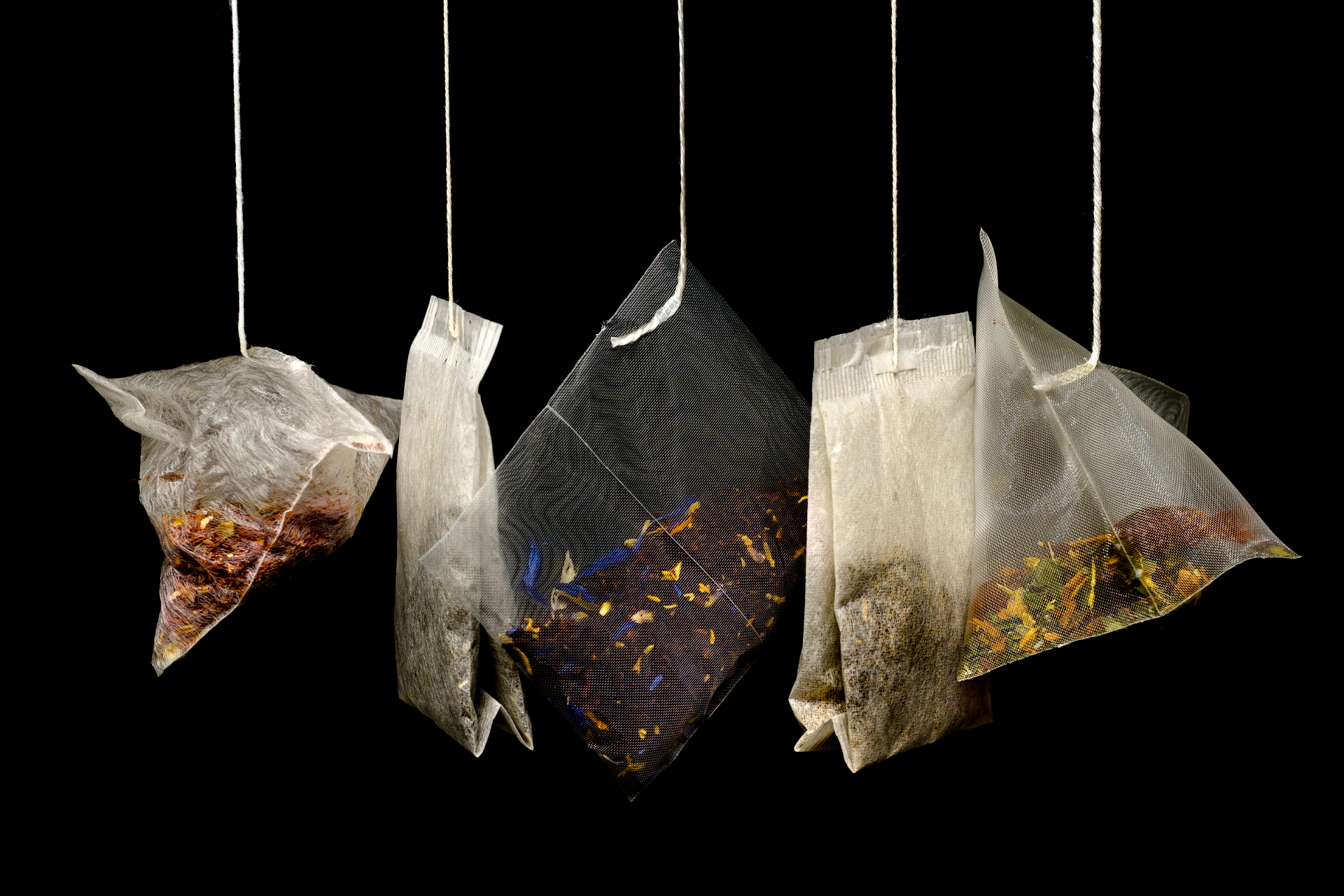
Employed as a medicine and everyday pick-me-up for at the very least the last 3,000 years, the consumption of water infused with tea leaves has been used to:
- promote both alertness and relaxation,
- enhance cognitive function,
- improve digestion,
- lose weight,
- strengthen bones,
- improve circulation,
- protect teeth from decay,
- purify the blood,
- improve skin tone, elasticity, and health,
- enhance mood, and
- extend life.

Though it’s not entirely clear where tea was first discovered –was it China? North India? Tibet?– legends point to predynastic China, some time in the third millenium BCE, a land long believed to be the original source of indigenous tea bushes.
So in the vicinity of 2,700 BCE, a man by the name of Shen Nung –aka Shen Nong or Shennong– allegedly insisted water be boiled before consumption, convinced it was cleaner and safer to drink it that way. One fateful day, an uncovered pot was boiling and leaves from a nearby tree or bush were blown off by the wind –some sources claim that leaves on twigs burning in the fire underneath flew up instead– landing in the water. Intrigued by the resulting brown liquid, Shen Nung tasted it. And he loved it.
And so tea was born.
Today’s historians aren’t particularly convinced Shen Nung, who was believed to be a prehistoric Chinese emperor and the father of herbal medicine, even existed. But what is clear is tea leaves have a long history, albeit speculative.
According to The Story of Tea: A Cultural History and Drinking Guide, some researchers think tea consumption might go back to the time of Homo erectus, an ancestor of modern humans. Fossils dating back 1.7 million years place them in Yunnan Province which, incidentally, is the chief location of China’s infamous wild tea trees, ancient forests lined with specimens as old as a millennium.
Anthropologists point to the idea that Homo erectus chewed on the leaves for energy as they foraged for food. That those leaves would end up in eventual pots of boiling water along with tree bark, flowers, and perhaps berries is not outside the realm of the probable. That there’s no written record as to when that day came is what lies between fact and conjecture.

And with the advent of modern medicine and peer-reviewed research came the realization that much of what traditional Chinese medicine alleges tea can do appears to be true, backed by evidence extracted via the scientific method.
Centuries of anecdotes and claims. Confirmed.
Perhaps the most salient aspect of tea in relation to Where’s Your Head? and my quest to understand what I call “the what of happy” is its effect on brain health and mood.
If the most affordable beverage after water –a universal libation that crosses cultural, socioeconomic, and religious divides– can have such a remarkable effect on mental health and wellness, then is it not worth deeper consideration?
Hence Tea of the Week, a weekly glance at the world’s most comforting drink. I’ll share the scoop on amazing teas from across the globe easily purchased online, dissect ancient myths surrounding assorted leaves, and post legendary blends you can make yourself with a few key ingredients. I’ll look into the latest research on various infusions and when possible, see how it matches up to earlier claims. I’ll even delve into the dark side of tea, should I find one.


